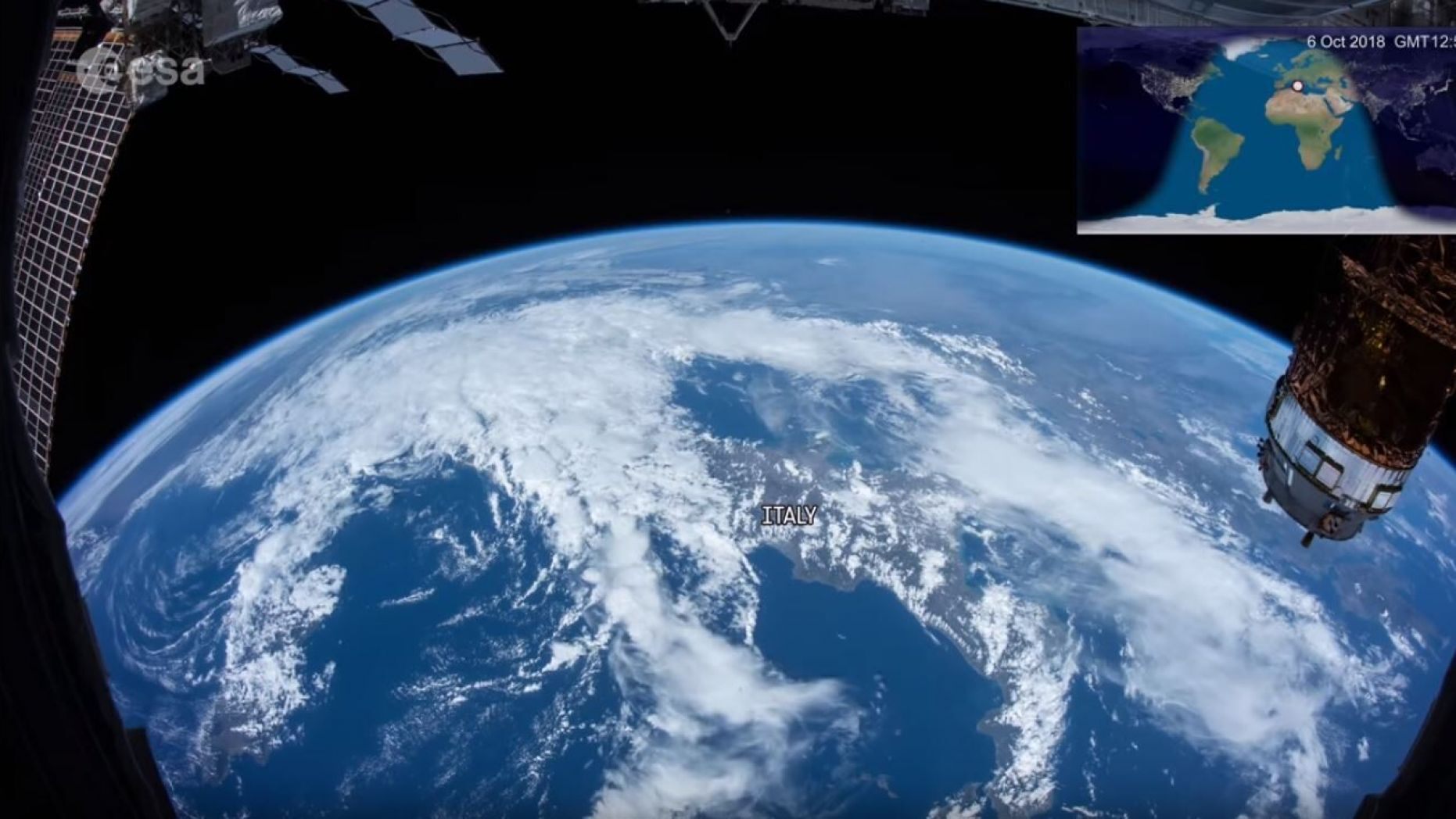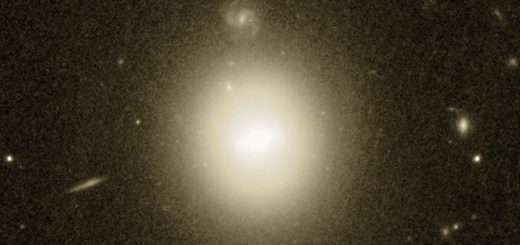Space doesn’t harm this important part of the human body

Research has shown that time in space can increase the risk of cancer and trigger gene mutations. But a new study has found that one crucial part of the human body remains unaffected by zero-gravity.
Living in space didn’t alter an astronaut’s levels of B-cell immunity — the white blood cells that create antibodies to fight off infections. B-cell levels need to be maintained in order to help astronauts fight off disease-causing viruses and bacteria.
The discovery is a welcomed development especially since previous research has found that space travel seriously confuses the immune system. Some cells weaken, while others work overtime and both weaken the body’s ability to effectively fight infection. Researchers were worried this confusion could extend to B-cells as well.
For the study, scientists took blood samples from 23 crew members stationed at the International Space Station for six months, before, during and after their stays. The samples were collected over 18 different ISS missions and included astronauts between 37- and 57-years-old. Results were then compared to a control group that stayed on Earth. The research was published in the Journal of Applied Physiology.
“This is the first study to comprehensively show that long-duration space flight in human astronauts has a limited effect on B-cell frequency and antibody production,” Dr. John Campbell, a lecturer at the University of Bath, said in a statement. “Our results are good news for current astronauts aboard the ISS…and for all future astronauts who will attempt long-duration space missions.”
The research will help to inform health decisions — such as when vaccines should be administered — for future astronauts embarking on longer missions through space and, hopefully, eventual missions to Mars.



 Creators of mankind
Creators of mankind Description of “Tall white aliens”
Description of “Tall white aliens” Where they came from?
Where they came from? About hostile civilizations
About hostile civilizations The war for the Earth
The war for the Earth “Tall white aliens” about eternal life
“Tall white aliens” about eternal life Video: “Nordic aliens”
Video: “Nordic aliens” Aliens
Aliens Alien encounters
Alien encounters The aliens base
The aliens base UFO
UFO Technology UFO
Technology UFO Underground civilization
Underground civilization Ancient alien artifacts
Ancient alien artifacts Military and UFO
Military and UFO Mysteries and hypotheses
Mysteries and hypotheses Scientific facts
Scientific facts


















